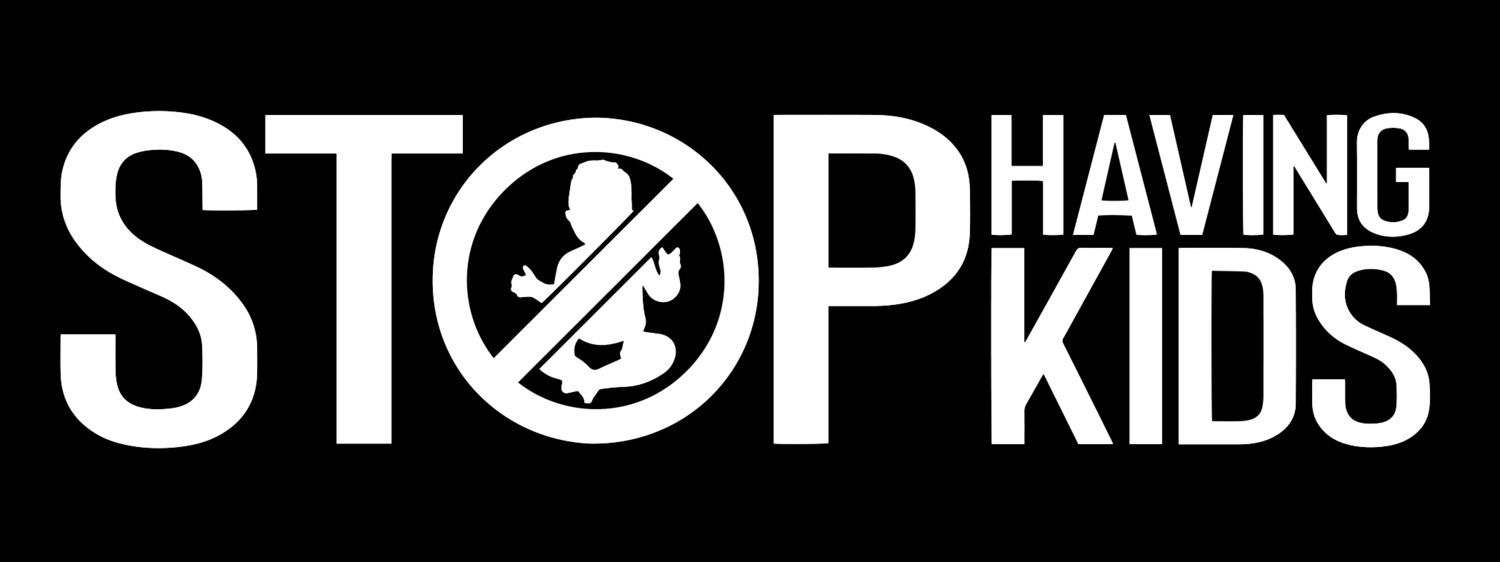Be Fruitful & Multiply
A common go-to justification Christians have for procreation is the phrase to “be fruitful and multiply,” one of the most famous sayings from the Bible.
This saying comes from the Book of Genesis, and concerns the first two humans, Adam and Eve. The full quote reads: “And God blessed them. And God said to them, ‘Be fruitful and multiply and fill the earth and subdue it, and have dominion over the fish of the sea and over the birds of the heavens and over every living thing that moves on earth.” (Genesis 1:28)
This message promoting natalism appears elsewhere in the Book of Genesis as well, such as when God is speaking to Noah and his sons after the flood: “As for you, be fruitful and increase in number; multiply on the earth and increase upon it.” (Genesis 9:7)
Despite the beliefs of some Christians on this topic, humans have been quite 'fruitful' already. We have over 8 billion people currently living on this planet. No continent on Earth has a shortage of humans. The vast majority of land that exists today is inhabited by humans and domesticated animals, such as chickens, pigs, and cows, who are controlled from birth to their deliberately inflicted death. Free-living beings with true freedom, bodily autonomy, and self-determination are sadly today’s minority.
In the Bible, the Christian God does not state that all humans should procreate or that humans should procreate endlessly. The Bible also doesn’t mention anything about it being sinful or an insult to the creator to live a life without adding to the human population. In fact, the Christian savior figure, Jesus, never had kids and he wasn’t stigmatized or considered sinful for his singlehood and non-parent status.
When the Bible was written, and the Christian God was voicing his desire for people to proliferate mankind, there weren’t millions upon millions of babies, children, and teenagers in desperate need of safe, loving, stable, and nurturing homes and healing, like what we have in modern day reality. Countless young humans are currently languishing and living trauma-filled, undesirable lives and being setup for a lifetime of failure, usually at no fault of their own, while the majority of humans all around them continue to prioritize creating their own flesh-and-blood kin instead of helping those in need who already exist with actual inherent value, needs, desires, interests, and feelings.
There is also infertility, which affects 1 in 6 people worldwide, making it impossible or impractical for the men and women affected to conceive a new human. We’ve developed sci-fi levels of reproductive technology that can help infertile people to actualize their dreams for biological children, but the money and resources that this technology demands could be far better utilized for being put towards existing life in need of vital assistance and life improvement.
According to the Bible there is a heaven and hell humans will graduate to after their time being alive on Earth, either of which will be the eternal fate for all humans brought into existence by their parents. While heaven is supposed to be a paradise-filled afterlife setting where pain doesn’t exist, hell is forever-and-ever conscious suffering filled with intense horror, torment, and pain. According to the teachings of the Bible and Jesus, hell is to be avoided at all costs. Given that hell is the most undesirable setting that religious humans believe exists and that it should be avoided at all costs, why push the gamble of heaven or hell onto new unsuspecting life that didn’t ask to be brought into the world? After all, the best way to avoid hell is to never be born. Unlike nightmarish scenarios on Earth, in hell there is no possible resolution or way out.
Procreation should never be taken lightly and without examination, no matter what a holy book expresses about human superiority, expansion, and domination. Just as we shouldn’t be pressured into having kids by the people who imposed life onto us, we also shouldn’t be pressured into having kids by a belief system that was imposed onto us.

